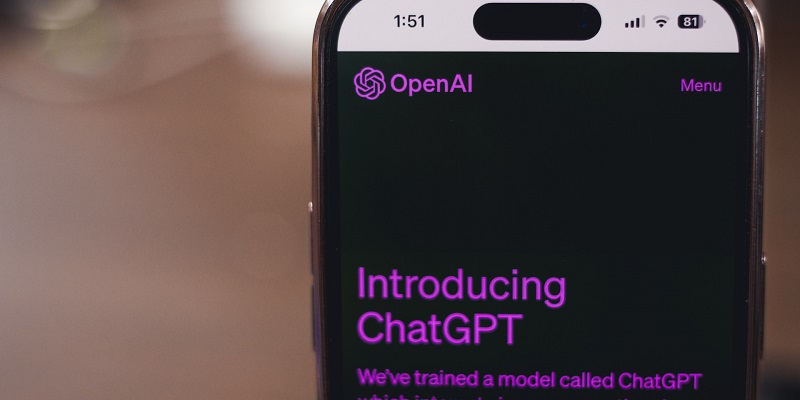As financial services companies aim to increase lending volumes and reduce loan processing times, the need for automation tools has never been more pressing. Automation can help companies scale quickly, reduce costs, and improve accuracy. However, automating document processing has been challenging due to the wide range of document types and formats, as well as the complexity of the information contained within them.
To overcome these challenges, Ocrolus has integrated GPT embeddings from OpenAI into its set of technologies. This move will strengthen Ocrolus’s ability to process semi-structured and unstructured documents without requiring human intervention.
OpenAI’s GPT embeddings enhance Ocrolus’ document processing capabilities
The addition of OpenAI GPT embeddings to Ocrolus’ technology set will significantly improve the platform’s ability to process semi-structured and unstructured documents. GPT-3, OpenAI’s flagship language model, has the ability to parse natural language and make predictions based on context. This makes it highly effective in identifying relevant information within documents, even when they are poorly structured or contain errors.
With this integration, Ocrolus’ document automation platform will be able to extract relevant data from a wider range of documents, including loan applications, tax forms, and paystubs. This will substantially reduce the need for manual entry, which has been a significant barrier to automation in the past.
Powerful document automation using AI from across the industry
Ocrolus’ document automation platform combines state-of-the-art AI from across the industry within a single solution. In addition to OpenAI’s GPT embeddings, the platform includes subsystems from Amazon, Google, and Ocrolus’ own proprietary deep learning architectures. These models are enabled by the company’s massive document dataset, built by processing hundreds of millions of document pages.
The platform’s unique ability to create accurate training data in-house helps to constantly improve its algorithms. Ocrolus trains its models on various document types and formats, ensuring that its algorithms are effective across a range of use cases. For example, the platform’s document classification algorithms can accurately identify over 95% of document types, making it a highly versatile automation solution.
Efficient Document Automation for Ocrolus’ Customers
The integration of OpenAI’s GPT embeddings will lead to even more efficient document automation for Ocrolus customers. By automating the extraction of relevant data, financial service companies will be able to process more loans with greater speed and accuracy. This will enable lenders to deliver a better experience to borrowers who will be able to access credit faster and on better terms.
Potential applications for Ocrolus’ document automation platform extend beyond traditional lending use cases. The platform is well-suited to processing a range of document types across a variety of industries, including healthcare, insurance, and legal services.
Demonstration of Ocrolus’ AI-driven automation technology
Ocrolus will demonstrate its AI-driven document automation technology at booth #343 during Fintech Nexus USA 2023. The event will take place at the Javits Center in New York City on May 10-11.
Financial services companies that are looking to streamline loan processing while maintaining data accuracy will benefit significantly from attending the demonstration. Ocrolus enables these companies to make high-quality decisions with accurate data, which helps borrowers access credit faster and on better terms.
The integration of OpenAI’s GPT embeddings into Ocrolus’ technology is a significant milestone for the document automation space. By combining cutting-edge AI from across the industry within a single solution, Ocrolus has created a platform that is highly effective in processing a wide range of document types and formats. The integration of GPT-3’s language modeling capabilities will enable Ocrolus’ platform to extract relevant data from even the most complex documents, without human intervention. As a result, financial services companies will be able to process more loans with greater speed and accuracy, helping borrowers access credit faster and on better terms.

